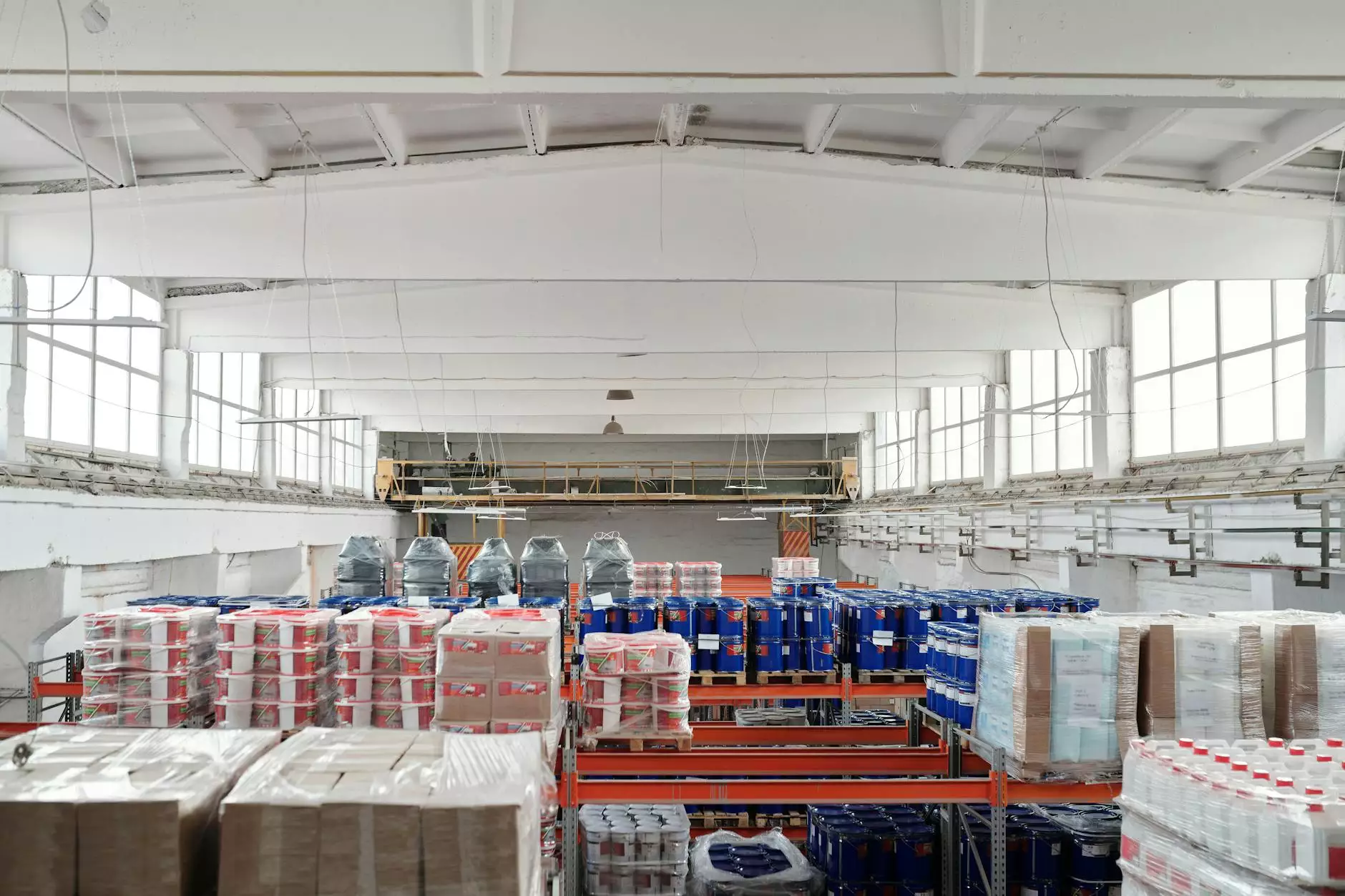Unlocking the Potential of Air Freight Booking for Businesses

Air freight booking has emerged as a vital component in the intricate web of global trade. As businesses strive to enhance efficiency and reduce delivery times, understanding the nuances of air freight logistics becomes indispensable. From shipping centers to airports, every element plays a crucial role in the supply chain, and mastering these elements can lead to significant advantages. In this article, we will explore the comprehensive landscape of air freight booking, equipping you with the knowledge to optimize your shipping solutions.
Understanding Air Freight Booking: What You Need to Know
Air freight booking involves the process of reserving space on an aircraft to transport goods from one location to another. It is often the preferred method for businesses requiring fast delivery of goods, especially when dealing with time-sensitive shipments. Here are some key aspects of air freight booking:
- Speed: Air freight is the fastest method of shipping goods across long distances.
- Reliability: With fixed schedules and fewer delays, air transport is often more reliable than other modes.
- Global Reach: Air freight can reach destinations that may not be accessible by land or sea.
However, air freight booking is not without its challenges. Factors such as pricing, regulations, and logistical considerations must be carefully navigated to ensure seamless operations.
The Air Freight Booking Process Explained
The process of air freight booking can be broken down into several key steps:
Step 1: Assessing Your Shipping Needs
Before initiating the air freight booking process, it's essential to evaluate your specific shipping requirements. Consideration must be given to:
- The nature of the goods being shipped.
- The urgency of the shipment.
- The destination and any potential logistical challenges.
Step 2: Choosing the Right Freight Forwarder
A reputable freight forwarder can be your best ally in navigating the complexities of air freight. They provide valuable services such as:
- Negotiating rates with airlines.
- Handling documentation and customs clearance.
- Providing insights on the best shipping routes.
Finding a freight forwarder with experience in your sector can offer additional benefits, as they will be familiar with specific regulations and requirements.
Step 3: Pricing and Quoting
Once you've chosen a freight forwarder, the next step is to obtain quotes for your shipments. Pricing for air freight can vary widely based on several factors:
- The weight and dimensions of the shipment.
- The nature of the cargo (e.g., hazardous materials may incur additional costs).
- Seasonal demand fluctuations that could impact pricing.
Having a clear understanding of these factors allows for better budgeting and cost management.
Step 4: Preparing Documentation
Documentation is critical in air freight. Key documents include:
- Air Waybill: This serves as a contract between the shipper and the carrier.
- Commercial Invoice: Required for customs clearance, detailing the value and description of the goods.
- Customs Declaration: This is necessary for the importation of goods into the destination country.
Each document must be accurately completed to avoid delays or additional costs during transit.
Step 5: Booking the Shipment
With all necessary information in hand, you can now proceed to book your shipment. Your freight forwarder will handle:
- Confirming flight availability.
- Securing space for your cargo.
- Providing you with confirmation and tracking details.
Step 6: Tracking and Managing Your Shipment
Air freight offers the advantage of real-time tracking. Many freight forwarders provide visibility tools that allow businesses to monitor their shipments at every stage. This not only helps in managing expectations but also improves communication with clients about delivery timelines.
The Advantages of Air Freight Booking
Utilizing air freight booking comes with a myriad of advantages. Here are the most significant benefits:
1. Speed and Efficiency
The most notable advantage of air freight is its speed. Goods can often be transported across continents in a matter of hours, making it the ideal choice for:
- Time-sensitive deliveries.
- Perishable goods that require quick shipping.
- Emergency shipments that need immediate attention.
2. Enhanced Security
Air freight is considered safer than other shipping methods. Airports have stringent security measures in place, and cargo is typically monitored closely throughout the journey, reducing the risk of theft or damage.
3. Global Connectivity
With the vast network of airports worldwide, air freight offers unparalleled connectivity. This is essential for businesses looking to reach international markets quickly. Major airports are also shipping centers strategically located to facilitate global trade.
4. Reduced Inventory Costs
By optimizing shipping schedules and reducing transit times, businesses can lower their inventory holding costs. Fast air freight services enable companies to adopt just-in-time inventory practices, minimizing excess stock and reducing warehousing expenses.
Challenges in Air Freight Booking
Despite its advantages, air freight booking also presents several challenges that businesses must address:
1. Higher Costs
While air freight is faster, it is also more expensive than other shipping methods. Businesses must weigh the benefits of speed against the cost implications and consider if air freight is the right option for their budget.
2. Limited Capacity
There is a limited amount of cargo space available on aircraft, especially during peak seasons. This can lead to competition for space and may require businesses to book their shipments well in advance to secure the necessary capacity.
3. Regulatory Compliance
Air freight is subject to various international regulations that vary by country. Understanding and adhering to these regulations can be complex but is essential to avoid delays or penalties.









